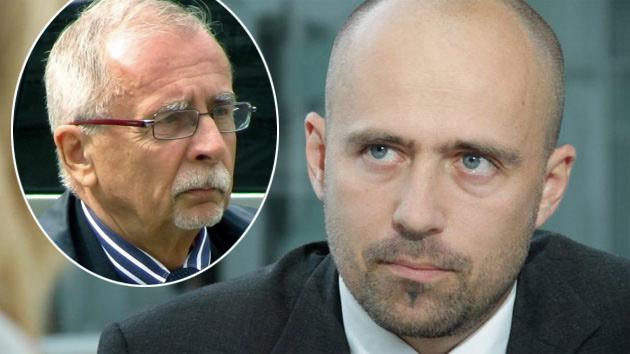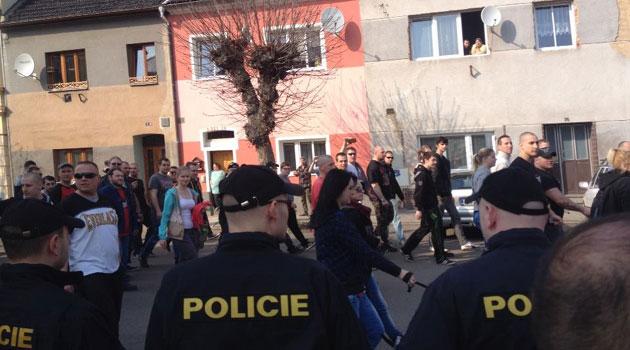Czech Agency for Social Inclusion director responds to Deputy Ombud's critique

Czech Deputy Ombud Stanislav Křeček has written a critique of the activity of the Czech Government Agency for Social Inclusion in the town of Duchcov for the daily Lidové noviny (Agentura, která nepomůže, LN 25. 9.) I would welcome it if next time he would spend more time studying our work, as it is evident from his article that he knows almost nothing about it or the situation in Duchcov.
Křeček cites a situational analysis on Duchcov extensively and mocks the fact that proposals for addressing the situation are squeezed into the final few pages. However, what he is criticizing are just the recommendations of the researchers who performed the analysis, not of the Agency.
As in every other town where we work, we used the Duchcov analysis as the basis for proposing a strategic plan with dozens of measures elaborated in detail, including project budgets and plans. Ten of the most essential ideas (for example, building and running a drop-in center, expanding the nursery schools, establishing social enterprises, enhancing social services, etc.) were extensively presented at a town council meeting.
The Duchcov town council rejected one proposal of ours after another, despite the fact that we also presented proposals for financing all of the measures, in particular from the Structural Funds, which would have covered 100 % of their costs. As in every other town, we were also prepared to start writing the projects for them.
I still consider those decisions by the town council and its management to have been exceptionally irresponsible and short-sighted, because our proposals could have actually helped address the situation (as they have in other towns). Instead, the town leadership went to war against its own field social workers, publicly vilifying them and then throwing them out.
The nonprofit Květina (Flower) organization was once a source of support for impoverished people in Duchcov and their children, as well as a professional social services provider. After being publicly attacked, it also ended its activity.
The road to discrimination
Deputy Ombud Křeček has written that Duchcov’s privatization of its housing stock never took place, but it did. That process has shown that both we and the town leadership were wrong in our prognoses.
Most of the municipally-owned apartments have been bought by a local entrepreneur, Mr Spurný, who is gradually repairing the buildings in southern Duchcov by involving their tenants and is allowing most of the original occupants to go on living there. However, that does not change the fact that the privatization itself was a risk, because if the original buyers interested in the buildings had acquired them – people who wanted to get rid of impoverished tenants by raising the rents (as they publicly declared and as the rules of the privatization permitted) – the impacts on the tenants and on coexistence in the town would have been dramatic.
In order to eliminate such risks, we developed a plan for the town leadership and presented it to the town council, namely, that they sell only part of the housing stock and retain the rest as emergency and social housing units, using the profits from the privatization to cover the costs of maintaining such units. That proposal was also not adopted.
The fact also remains that the privatization as originally proposed (with the possibility for rents to rise 50 %) would have indirectly led to discrimination against the impoverished residents, particularly the Romani families, because we proved that most of them would not have been able to afford such rents. Buildings in which the vast majority of households were impoverished were precisely the properties the town chose to privatize.
The coexistence situation in Duchcov is neither complicated nor unsolvable. It could have been addressed through proven procedures that have succeeded under other, often more demanding conditions – for example, in the nearby towns of Jirkov, Kadaň or Obrnice.
There was certainly no need to exacerbate the situation. The town’s decision to do so has bolstered the popularity of the Workers’ Social Justice Party (DSSS), which has one of its strongest cells in the country there supported by almost 9 % of the voters, and that has propelled the radical chair of the Duchcov DSSS, Mr Svoboda, into the national leadership of that party.
